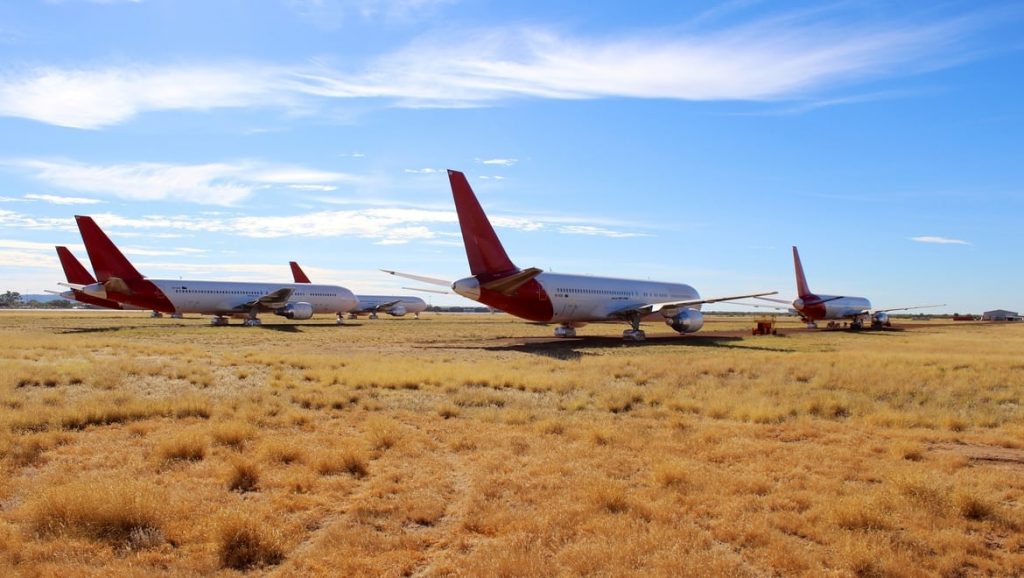
Carbon emission taxes are not the answer to reaching a sustainable aviation industry, says the director general of the Association of Asia Pacific Airlines (AAPA) Subhas Menon.
It comes as the 64th AAPA Assembly of Presidents took place this week, seeing airline leaders pledge to achieve net zero emissions together by 2050.
AAPA is an advocacy group on behalf of Asia-Pacific carriers to address government regulations when it affects aviation and international air transport.
“The successful commercialisation of sustainable aviation fuels (SAF) is critical to achieving international aviation’s strategic transition away from fossil fuels,” said Menon.
“Government support in the form of incentives, subsidies and supply chain development for new energy sources is key to ensuring that the industry meets its 2050 goal.”
Airlines have continued to ramp up the use of sustainable operations in recent years amid a consumer shift, and there have often been two primary approaches: incentives and taxes.
In July, the European Commission proposed a Green Deal which would impose taxes on higher carbon emission use, and many other nations have devised similar concepts.
Cleaner fuels would receive preferential treatment under an energy taxation framework – the Energy Taxation Directive – such as receiving a zero minimum tax rate for a period over 10 years.
In September, US President Joe Biden proposed a tax credit that requires at least a 50 per cent reduction in gas emissions leading to increased incentives – such as loan guarantees – for greater cuts.
But Menon said “taxes, onerous regulations and other penalties would only increase the cost of travel without any benefit to the environment.
“Conversely, government incentives and investment would contribute to the effective development of sustainable fuels and new energy sources to bolster the industry’s efforts to achieve carbon neutrality,” he added.
Menon said the airline leaders are encouraging governments to “fully participate” in the Carbon Offsetting and Reduction Scheme for International Aviation, which is a global mission to offset 80 per cent of all emissions above 2020 levels by 2035.
AAPA’s commitment to achieving net zero emissions was penned in September, and in an interview with Australian Aviation, Menon said airlines have limited control.
“The next 30 years really is about looking for more carbon, climate-friendly sources of energy and propulsion,” Menon said.
When it comes SAF, it is not in the control of the airlines but stakeholders such as fuel suppliers, engine manufacturers and government bodies.
Facilities and resources for producing SAF is “severely lacking” in the Asia-Pacific compared to other regions, Menon said.
“That is why it is very important that the stakeholders have a part to play when you talk about sustainable aviation fuel,” Menon said. “We need their support.”















